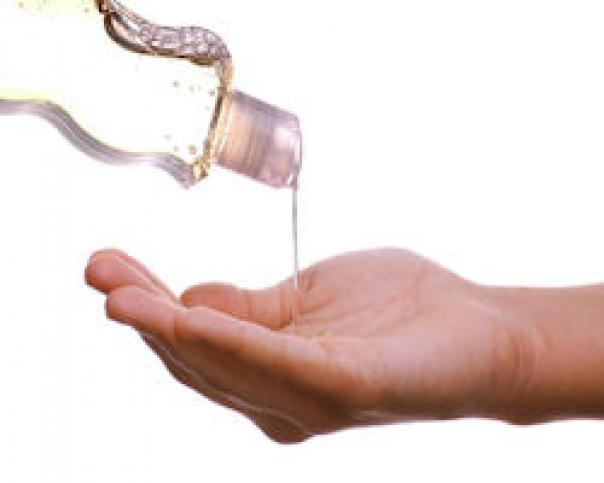
At the top of the list, RSPH food safety examiners claim is “failing to regularly and thoroughly wash one’s hands”, with caterers’ greatest malpractice occurring in buffet restaurants.
The news comes as the charity launches its new e-learning course in food safety today - primarily aimed at the UK’s 3million+ hospitality workers – but which aims to educate anyone working with food.
Main areas of misunderstanding and malpractice among caterers include:
- Buffets can be a hot-bed for bacteria
Bacteria thrive in temperatures between 5 and 63°C – the danger zone – and failing to swiftly cool cooked food below this limit is a high risk factor for food poisoning. Buffet restaurants that leave their dishes out for more than an hour or two are alarmingly commonplace examples of this, and have been described by some examiners as the number one practice among caterers putting people’s health at danger.
- Continuing to work when ill
In many food-handling workplace environments there is an inadequate understanding of infectious diseases, and how easily they can be spread by an infected member of staff entering the kitchen – even if they are no longer visibly ill. Though the onus is on food-handlers to report when they have or have recently had an illness, there is a danger that pressures to not lose out on work, particularly among zero-hours-contract workers, are leading many to overlook this.
- Inadequate understanding of the controls necessary to prevent allergen contamination
Though food poisoning affects the public’s health in far greater numbers than allergens, the UK still sees around ten deaths per year due to undeclared allergenic ingredients, and a great deal more near-death incidents. [3] Food safety experts believe that in many food environments there is insufficient understanding of the controls needed to prevent allergen contamination, and highlighted the need for watertight communication channels between front-of-house, waiting, and kitchen staff when dealing with customer allergen information.
- Re-use of unclean cloths for cleaning surfaces
In many catering establishments, staff will simply leave cleaning cloths to dry overnight and then reuse them day after day, a prime risk for spreading pathogens all around a food-handling setting. Instead, staff need to have adequate procedures for ensuring that cleaning products are themselves kept clean.
- Temperature checking
When monitoring food temperature, catering staff may just check the temperature of the fridge; but this often leads to mistake – it is the food itself which must be probed.